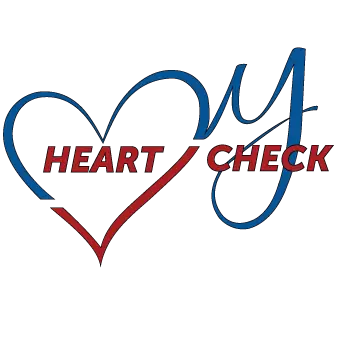
(BPT) — Dorien “DJ” Garnett loved sports, especially basketball. From the moment he learned to walk, he had a ball in his hand. By the time he was 2, he had outgrown every little tikes basketball set his parents could find for him. As Garnett continued to grow, he realized that basketball was his true passion and he played it literally until the moment he died.
It was 2009, and Garnett was on the court playing basketball with his team. The group had just broken for a timeout, and as he headed back to court with his teammates, Garnett suffered a cardiac arrest, collapsed and died.
He was only 17.
A history of cardiomyopathy
It wasn’t until after his death that Garnett was diagnosed with hypertrophic cardiomyopathy. Cardiomyopathy, which has several forms including HCM, is a condition in which a person’s heart muscle is abnormal affecting the heart’s ability to pump blood. The condition can be hereditary, or it can come as a result of a viral infection.
In Garnett’s case, both sides of his family had a history of heart disease, and his father was identified as a genetic carrier for cardiomyopathy. Garnett’s younger brother has since been tested and been found not to have the condition.
Parents should not ignore the risks factors
Tragically, stories like Garnett’s are more common than one may think. Today, cardiomyopathy remains the leading cause of heart transplants and sudden cardiac arrests among youth under the age of 18. Research also shows that sudden cardiac arrest remains the top cause of death among children on school property nationwide.
Many parents do not realize the risk cardiomyopathy presents for their children, or they may believe their children are too young to be at risk. Garnett’s example is proof, however, that the threat of cardiomyopathy is very real for children, and it can affect any child regardless of age, gender or ethnicity.
Getting more children with cardiomyopathy identified, properly diagnosed and treated is a priority for Lisa Yue, a mother who lost two young children to the disease. She formed the Children’s Cardiomyopathy Foundation (CCF) the only national lay group focused on research, education, awareness, and advocacy for all forms of cardiomyopathy affecting infants, children and teens. CCF urges everyone to “Know Your Heart.” This includes knowing yours, your child’s, and all family members’ heart history, as well as the symptoms and warning signs that will help prevent cardiac arrest before it is too late. You can learn more at www.childrenscardiomyopathy.org.
Garnett’s family did not know about his cardiomyopathy until it was too late. As a healthy, regular teen—who enjoyed sports, music and making people laugh—his family never had reason to believe there was anything wrong with him. And across the country there are thousands of other children just like him unaware of any possible risk.
Spotting symptoms can be difficult as they vary based on the type of cardiomyopathy a person may have and the stage of the disease. Common symptoms include shortness of breath, chest pain, fatigue, irregular heartbeats (rapid, pounding or fluttering), dizziness, light-headedness or fainting and swelling of the legs, ankles and feet caused by fluid buildup.
Parents who notice any of these conditions in their children should schedule an appointment with their child’s doctor immediately. The child’s annual well-visit or sports physical are also an excellent time to speak with your child’s doctor about cardiomyopathy and have your questions answered before it’s too late.
To learn more about the signs, symptoms and risk factors associated with cardiomyopathy, visit www.childrenscardiomyopathy.org.
September is Children’s Cardiomyopathy Awareness month. October is Sudden Cardiac Arrest Awareness month.
Copyright 2015 Elko Daily Free Press.
